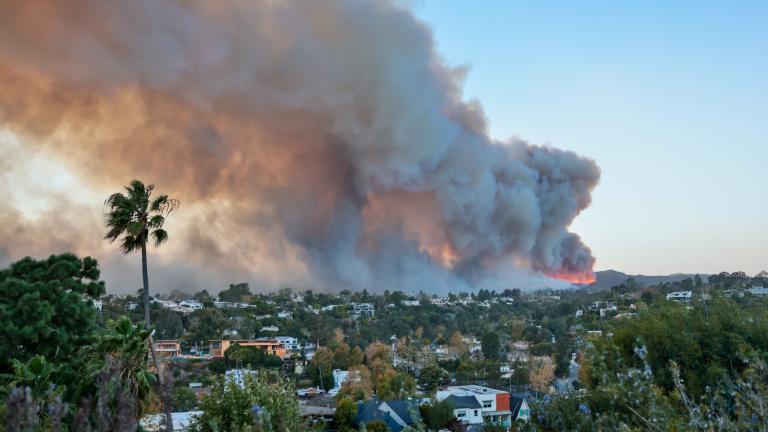
ShutterstockIs this spy a cop or a private investigator? Either way, watch out.
What do you get when you mix America’s national security apparatus with TransCanada’s determination to build a tar-sands pipeline between Canada and the Gulf of Mexico?
A whole lot of arrests.
Earth Island Journal profiles the infiltration of peaceful Keystone protest groups by police and investigators — and in so doing paints a troubling picture of a government security force working in league with TransCanada:
On the morning of March 22 activists had planned to block the gates at the company’s strategic oil reserves in Cushing, Oklahoma as part of the larger protest movement against TransCanada’s tar sands pipeline. But when they showed up in the early morning hours and began unloading equipment from their vehicles they were confronted by police officers. Stefan Warner, an organizer with Great Plains Tar Sands Resistance, says some of the vehicles en route to the protest site were pulled over even before they had reached Cushing. He estimates that roughly 50 people would have participated— either risking arrest or providing support. The act of nonviolent civil disobedience, weeks in the planning, was called off.
“For a small sleepy Oklahoma town to be saturated with police officers on a pre-dawn weekday leaves only one reasonable conclusion,” says Ron Seifert, an organizer with an affiliated group called Tar Sands Blockade. “They were there on purpose, expecting something to happen.”
Seifert is exactly right. According to documents obtained by Earth Island Journal, investigators from the Bryan County Sherriff’s Department had been spying on a Great Plains Tar Sands Resistance training camp that took place from March 18 to March 22 and which brought together local landowners, Indigenous communities, and environmental groups opposed to the pipeline. …
The infiltration of the Great Plains Tar Sands Resistance action camp and pre-emption of the Cushing protest is part of a larger pattern of government surveillance of tar sands protesters. According to other documents obtained by Earth Island Journal under an Open Records Act request, Department of Homeland Security staff has been keeping close tabs on pipeline opponents — and routinely sharing that information with TransCanada, and vice versa. …
The new documents also provide an interesting glimpse into the revolving door between state law enforcement agencies and the private sector, especially in areas where fracking and pipeline construction have become big business. One of the individuals providing information to the Texas Department of Homeland Security’s Intelligence and Counterterrorism Division is currently the Security Manager at Anadarko Petroleum, one of the world’s largest independent oil and natural gas exploration and production companies. In 2011, at a natural gas industry stakeholder relations conference, a spokesperson for Anadarko compared the anti-drilling movement to an “insurgency” and suggested that attendees download the US Army/Marine Corps Counterinsurgency Manual.
The article, which includes scanned excerpts from documents the magazine obtained, is worth reading in full. For even more on the topic, read Earth Island Journal’s in-depth article from earlier this year: “We’re Being Watched: How Corporations and Law Enforcement Are Spying on Environmentalists.”




